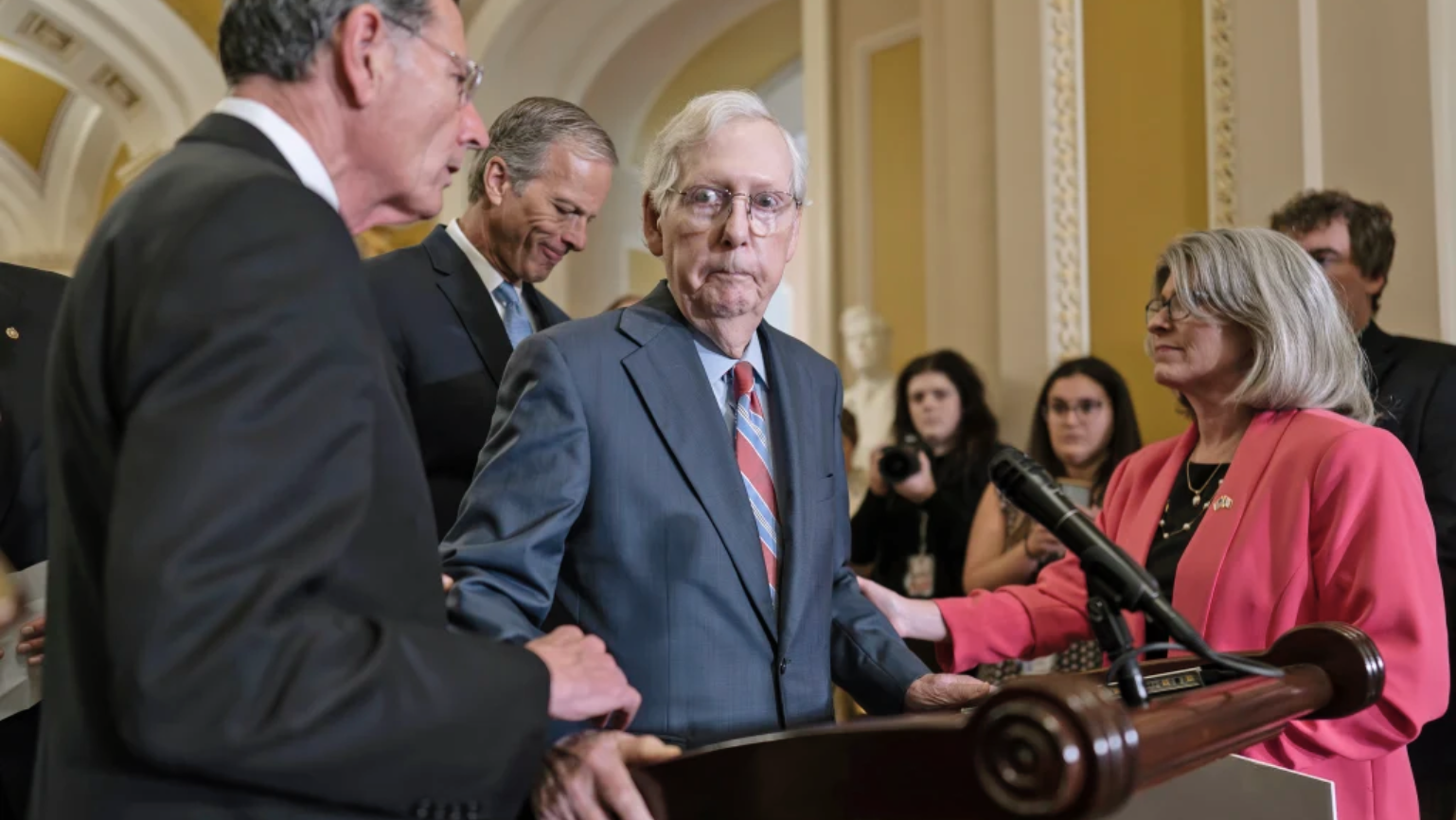Joe looks into the water supply and the changes farmers need to make.
By: Joe Makoto
-Staff Writer-
This year, Greenland’s ice sheet melted at a pace unseen by modern science, meanwhile the Arctic’s sea ice extent is now at the lowest recorded during the satellite era. Scientists warned about drastic ice loss as possibilities, but reality has overtaken their predictions.
In 1992 an international summit was held in Rio to address climate change and ecological sustainability. Since then, the short term but politically important benefits of jobs and economic development have outweighed the difficult to appreciate benefits of long term climate stability. What we should do is recognize and accept this and move quickly on to mitigation.
Resilience to drought and water management are some of the biggest areas to consider. Farming accounts for over 80 percent of surface fresh water use in the United States. Farms have used excess water because it is not profitable to conserve water in an era when it is so cheap.
There are alternatives. Farmers can build topsoil, which is composed of decayed carbon material and is known to retain moisture. In this time of low cost chemical fertilizer, topsoil is allowed to wash away, leaving the soil more prone to drought. Farmers can also use drip irrigation which applies water slowly and targeted to the root zone of plants through pipes. It has been known to reduce excess water consumption. However, it will require money and labor to install.
Moving toward new ways of farming will be difficult. Certainly, changing the landscape to retain and build topsoil and to properly utilize drip irrigation will take decades.
More than anything it will require a shift in the most difficult thing to change – people’s minds.
Generations of farmers have become accustomed to cheap water and cheap fertilizers. It has worked for them, government programs have been built around these assumptions, and now consumers expect low prices.
Changing these expectations can either be planned for ahead of time, or reality will do it for us.
Today, reality is sending us a clear signal through the Arctic – that it is changing faster than we are.
This is why the mitigation must be started now before the effects become even more serious.
Adjusting to the effects of climate change will be an extremely difficult and long term task, but if done properly, future generations will enjoy an ample water supply, healthy soils and food.











